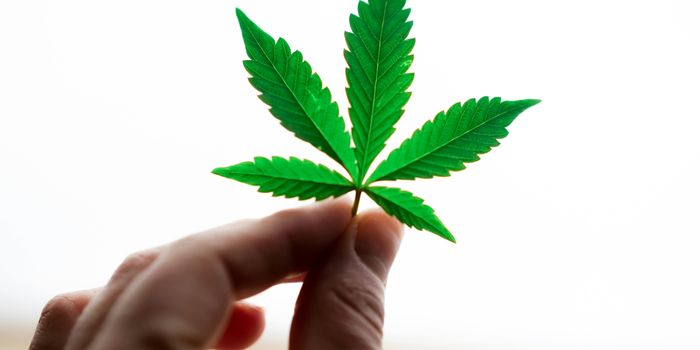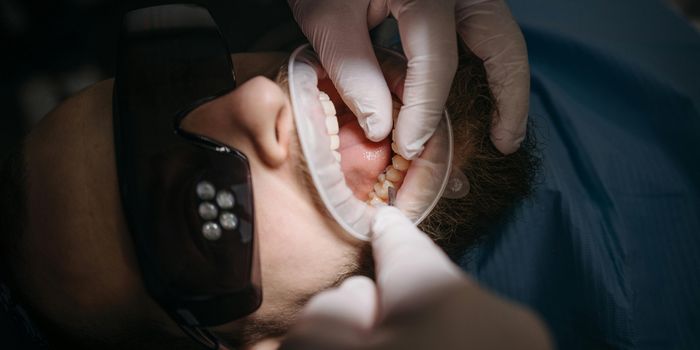The notorious CBG, and its benefits

CBG, like CBD, is non-psychoactive, containing less than 0.3% THC. So, users can’t get high by ingesting it, but they can get other benefits. Also, like CBD, CBG contains several healing elements, according to research, some of which are antibacterial, antimicrobial, and anti-inflammatory.
In addition, research has shown that CBG offers its own healing properties beyond CBD, properties that can help treat IBS and glaucoma.
CBG is not as commonly found in the plant as is CBD and other cannabinoids, which adds to its mystique. One of the reasons for the low overall abundance of CBG, especially when compared with that of CBD, is that CBG is typically most prevalent in young plants. When the plants mature, the amount of CBG present in the plant tends to lessen. So, it’s best to harvest the plants when they are young for the best chances of extracting CBG.
And is it legal? As with so many other things related to the plant, it depends. CBG can be found in all parts of the cannabis plant. So, if the CBG is sourced from the hemp part, then the CBG is legal, according to the 2018 Farm Bill, if the CBG extract also contains less than 0.3% THC.
As with all other things related to cannabis, users should always be mindful of what is in the cannabinoid they are consuming, so that they can make informed decisions when it comes to their own health and body chemistry. They should also be aware of the legalities, as the laws shift from state to state since cannabis is not yet federally legal.
Sources: ACS Publications, Science Direct, Mary Ann Liebert, Inc., USDA








